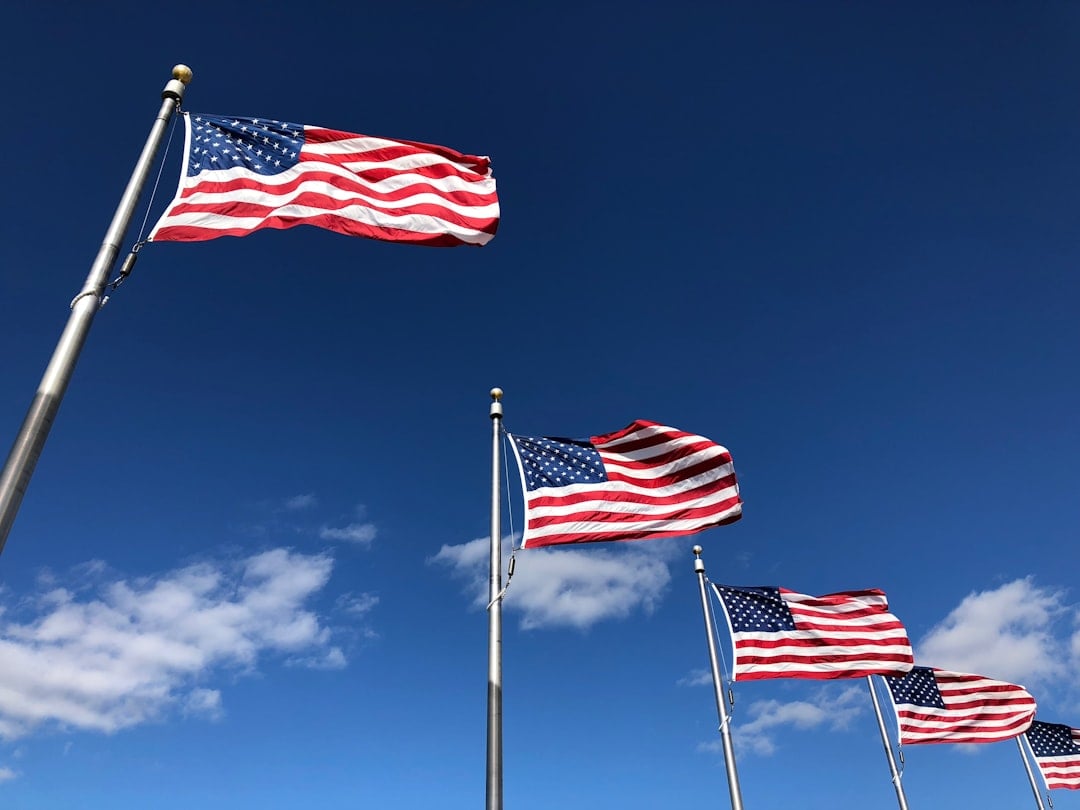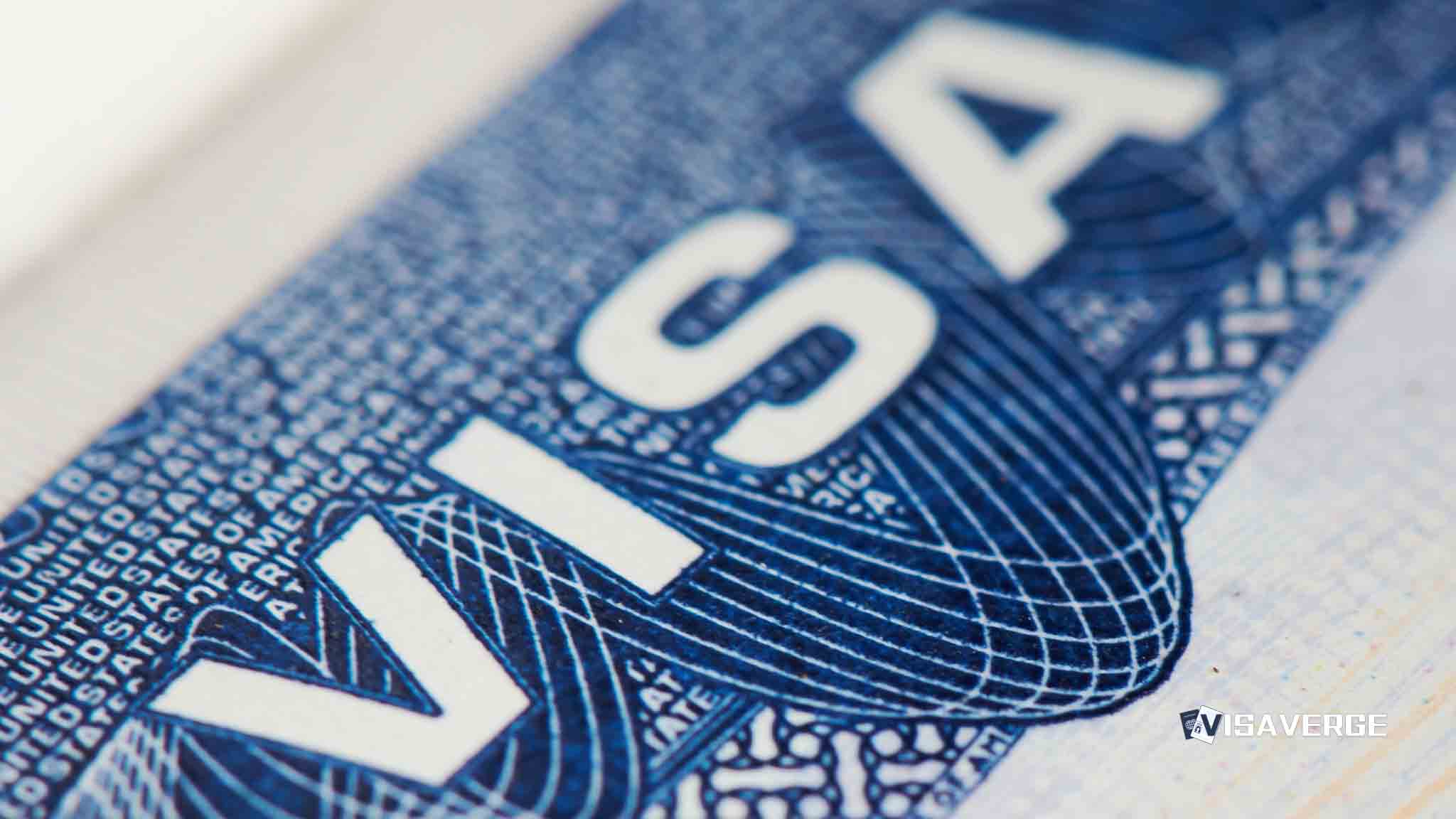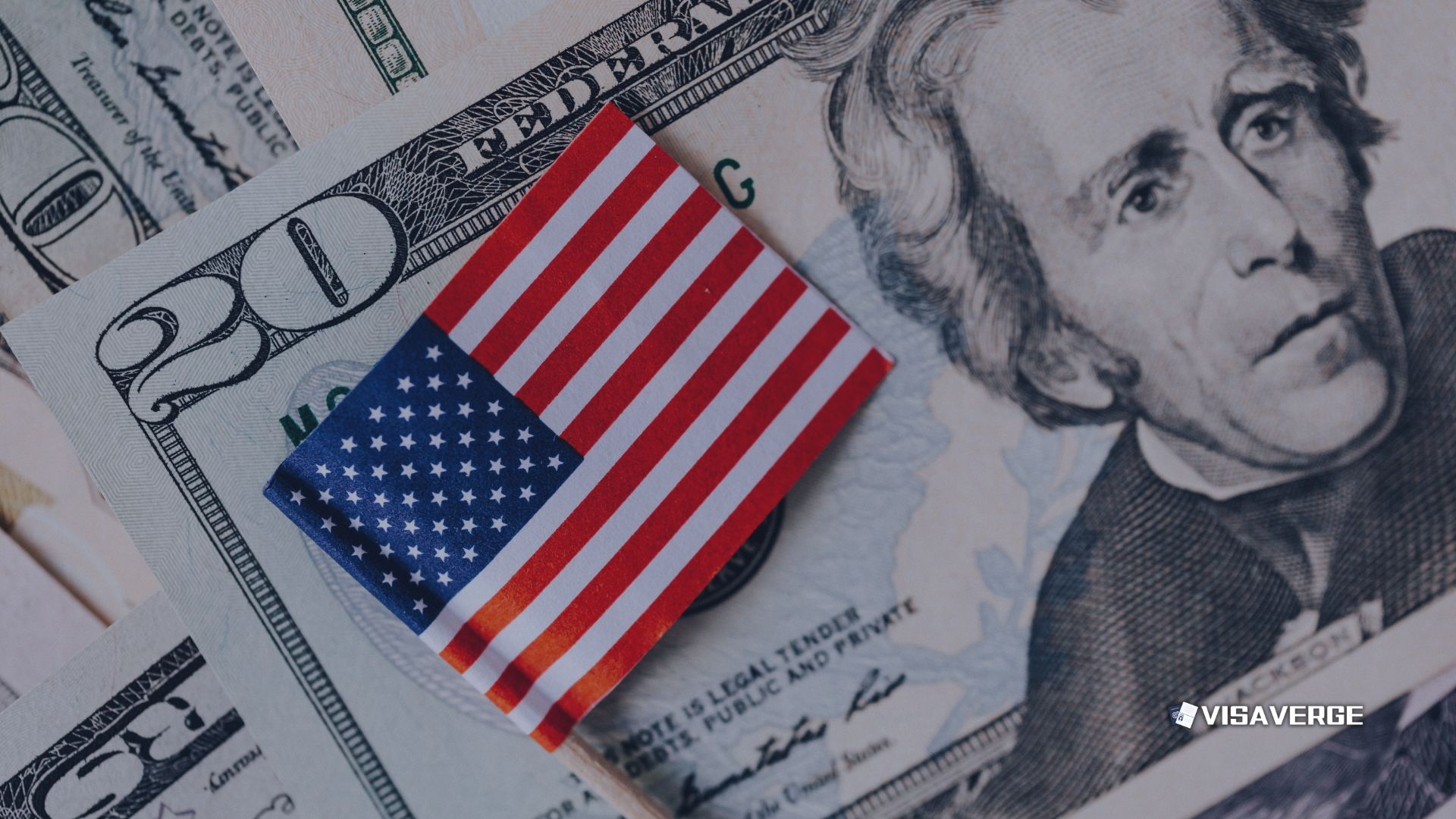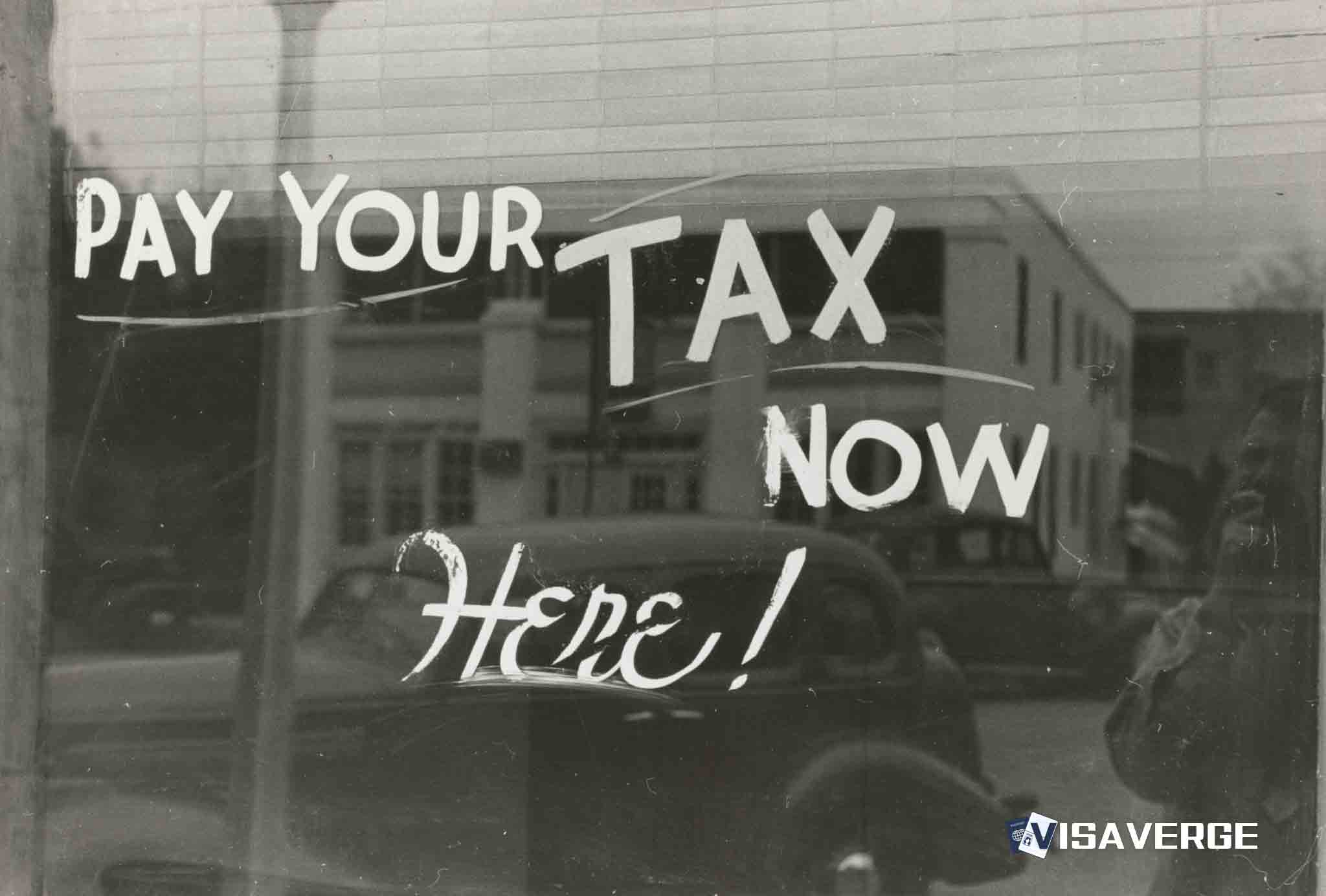(UNITED STATES) Diversity Visa (DV) Lottery winners won a partial court victory over the latest U.S. travel ban, but most selectees from the June 2025 list of 19 targeted countries still cannot receive immigrant visas. As of August 21, 2025, judges have allowed a narrow group to move forward—mainly those who qualify for listed exceptions or can show undue hardship—while leaving the core restrictions in place. The ban, announced on June 4, 2025, blocks DV and other immigrant visas for 19 countries, with 12 under a full ban and 7 under a partial ban that still bars all immigrant visas, including DV. DV-2025 visa numbers were also trimmed to 52,000 after set‑asides under NDAA and NACARA, adding pressure to a program with tight yearly deadlines.
According to analysis by VisaVerge.com, the 19-country sweep covers more than 429 million people, about 68% of them in Africa and the Middle East. Under the policy, the full ban blocks both immigrant and nonimmigrant visas. The partial ban allows only some nonimmigrant visas; immigrant visas remain off-limits. Government officials say the measures support national security and that consular posts will handle DV cases as the law allows. Advocacy groups, including the American Immigration Lawyers Association (AILA) and the ACLU, say the orders and new screening rules break the Immigration and Nationality Act and the Administrative Procedure Act.
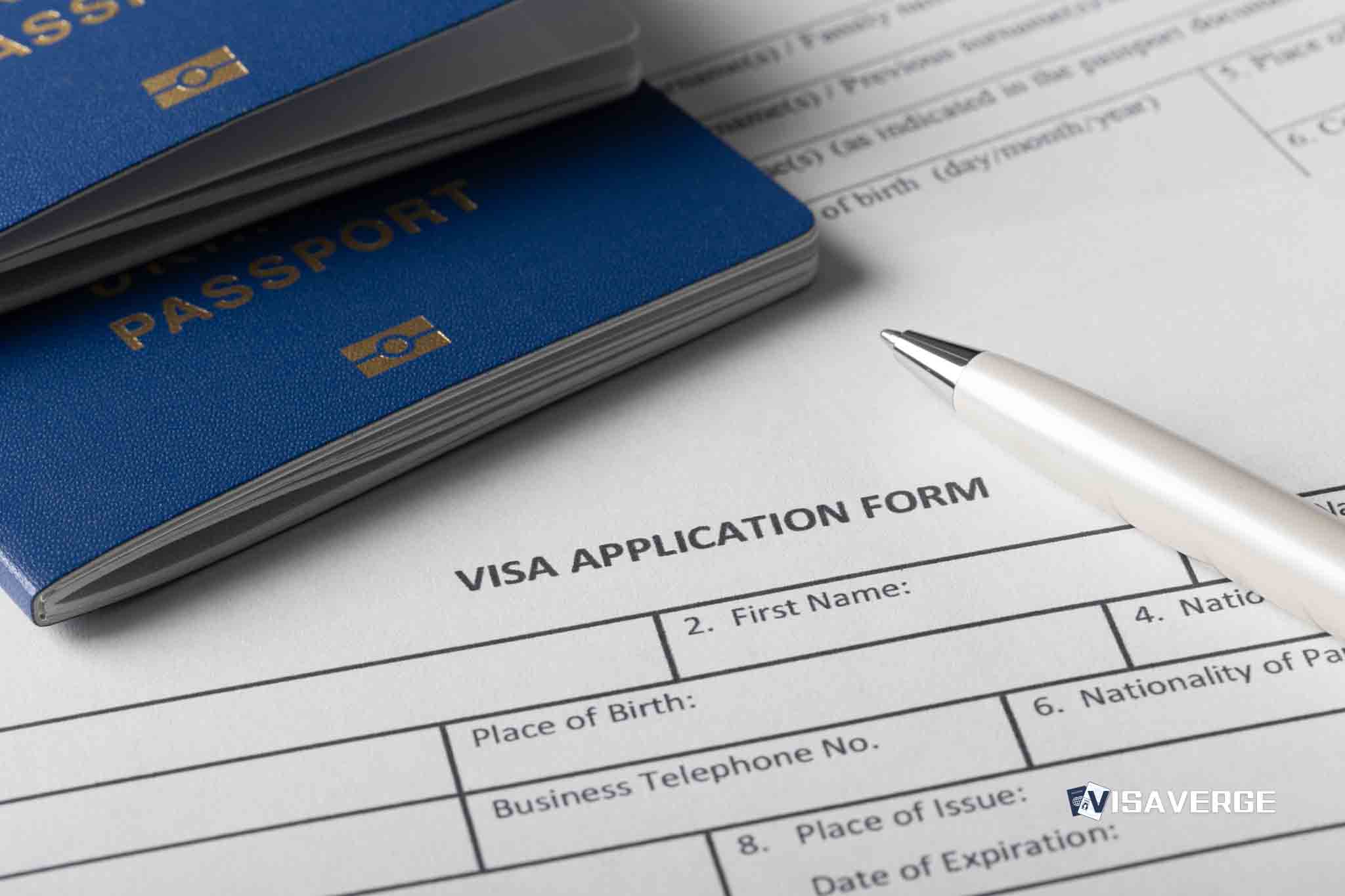
Policy changes and key exceptions
The June 2025 travel ban divides the 19 countries into two tracks:
- Full ban: visa issuance stopped for both immigrant and nonimmigrant visas.
- Partial ban: certain nonimmigrant visas may be issued, but all immigrant visas (including DV) are blocked.
Important exceptions written into the policy include:
- People with valid, unexpired U.S. visas
- U.S. lawful permanent residents (green card holders)
- Dual nationals traveling on a non-banned passport
- Immediate relatives of U.S. citizens (spouses, minor children, parents)
- Refugees and Afghan Special Immigrant Visa holders
- Members of athletic teams for major events, such as the 2026 FIFA World Cup
A rolling review could change the scope. Starting September 2, 2025, the Secretary of State may recommend updates to the banned list every 180 days, meaning the countries covered could expand or shrink.
New paperwork and screening
In March 2025, USCIS introduced Form G-325R, which requires DV selectees to share more personal history, including family, work, and travel. Lawyers say this:
- Slows case processing;
- Adds costs and time burdens that disproportionately affect lower-income winners;
- Creates delays for interviews and final decisions.
USCIS has not set a fee for the form in the source material, but the additional step is already creating practical delays.
Court rulings and consular procedures
Litigation filed in 2025 by DV winners and advocacy coalitions led to a partial victory in federal court. Judges granted limited relief so some DV selectees can proceed if they:
- Fall under a listed exception, or
- Can show undue hardship.
However, the ruling did not open a broad path: the majority of selectees from the 19 countries remain barred from immigrant visas unless they meet the policy’s strict criteria.
The practical result at consulates is a cautious, case‑by‑case approach:
- Consular officers can process DV cases for people who clearly fit an exception (for example, a dual national using a non‑banned passport or the spouse of a U.S. citizen).
- Others must wait or pursue hardship arguments through legal counsel.
- Many families face upfront costs (medical exams, police records, travel) without certainty their case will finish before the fiscal year ends.
Standard DV processing steps (still required)
- Check selection through the official Entrant Status Check at https://dvprogram.state.gov/ (you need the confirmation number).
- Submit the DS-260 immigrant visa application online: https://ceac.state.gov/IV/Login.aspx.
- Complete Form G-325R as now required for DV winners; see the USCIS forms page: https://www.uscis.gov/forms/all-forms.
- Collect civil documents and attend the medical exam before interview.
- Wait for interview scheduling at a U.S. consulate if your case is not blocked by the ban.
Government statements say DV files will be handled as quickly as possible within the law. Advocacy groups counter that the combination of the travel ban, the new form, and reduced visa numbers creates barriers that many winners cannot overcome before visas run out for the year.
Court relief is narrow: mainly for those who qualify for an exception or can prove that denial would cause severe, specific harm.
Impact on applicants — human and practical consequences
The human toll is clear. Many DV winners from banned countries report that they:
- Paid for documents,
- Sold property,
- Left jobs,
only to face months of delay or a firm stop. Couples split across borders are weighing whether a U.S. citizen spouse petition may move faster than waiting out the travel ban. Young adults worry they may age out of child status before a path opens. A small number of selectees find a route forward—for example, a DV winner with dual nationality who can travel on a non‑banned passport, or a parent of a U.S. citizen who fits the immediate relative exception.
Selectees from countries not on the banned list face a different problem: longer processing times. The extra biographic form and heavier screening can push interviews later into the fiscal year, while total DV visas are down to 52,000. That increases the risk that cases will finish after numbers run out.
Many lawyers now advise clients to front‑load documents and respond to consular requests quickly.
Recommended next steps for DV‑2025 selectees
If you are a DV‑2025 selectee, the following steps can help keep options open while rules shift:
- Confirm selection through the Entrant Status Check and save screenshots of each page.
- File the DS-260 early and accurately. Incomplete answers can trigger extra checks later.
- Prepare G-325R details (family, jobs, travel). Keep dates consistent with your DS-260 and past visas.
- Organize documents (birth, marriage, police certificates) even if your interview may be delayed; many records take time to replace.
- Assess exceptions. If you hold dual nationality, or you are an immediate relative of a U.S. citizen, gather proof to present at interview.
- Consider legal help. Groups such as AILA and the ACLU are active in related cases. A lawyer can advise on hardship arguments and timing.
- Track policy updates. Reviews every 180 days after September 2, 2025 may change which countries are covered.
Wider debate and outlook
The debate around the program’s future remains active:
- Immigration lawyers warn that the bans and added screening limit the Diversity Visa Lottery’s reach, particularly in regions the program was intended to include.
- Government officials emphasize national security and say they are trying to balance security with fairness and speed.
With lawsuits still moving and country reviews on the calendar, outcomes may change. For now, the court’s partial relief offers a narrow door—open mainly for those who qualify for an exception or can prove severe, specific hardship.
This Article in a Nutshell
A June 2025 travel ban halted immigrant visas for 19 countries, forcing DV-2025 winners to face new Form G-325R, reduced 52,000 visas, and narrow court relief for exceptions or undue hardship while consulates process cases cautiously amid ongoing litigation.




